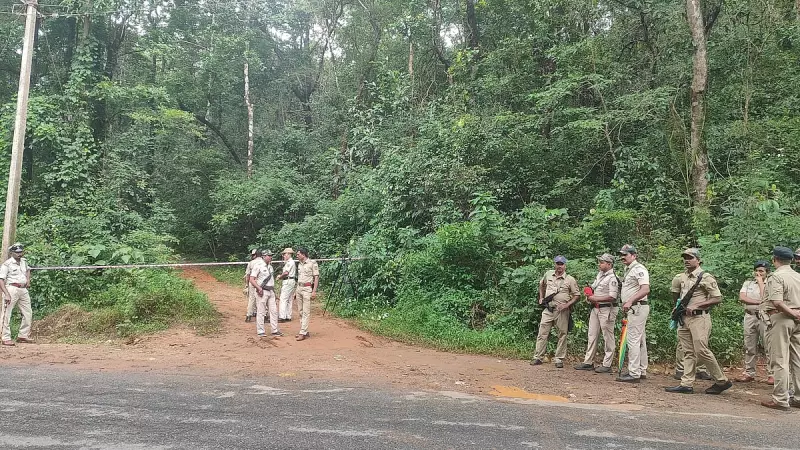
In a significant legal development that has captured statewide attention, the Karnataka High Court has brought the high-profile Dharmasthala temple case investigation to an abrupt halt. The court's intervention has forced the Special Investigation Team (SIT) to suspend its probe indefinitely, creating waves in legal and religious circles across the state.
Court Order Stops Investigation in Its Tracks
The judicial stay came after the High Court decided to put a hold on the First Information Report (FIR) that had initiated the entire investigation. This legal maneuver effectively pulled the rug from under the SIT's feet, leaving the specialized investigation team with no choice but to cease all investigative activities immediately.
The case, which revolves around the renowned Dharmasthala Temple in Karnataka, had been making headlines for weeks as the SIT pursued various angles of investigation. The temple, known as one of South India's most significant religious destinations, suddenly found itself at the center of a legal storm that has now been temporarily calmed by judicial intervention.
What This Means for the Investigation
Legal experts suggest that the High Court's decision to stay the FIR represents a critical juncture in the case. Without an active FIR, the SIT loses its legal foundation to continue the investigation, collect evidence, or question potential witnesses. The team now finds itself in a state of legal limbo, awaiting further directions from the higher judiciary.
The suspension of the probe raises important questions about the future trajectory of the case. Will the investigation resume once the court revisits the matter? Or will this legal stay mark the beginning of the end for this particular line of inquiry? These questions remain unanswered as legal proceedings continue to unfold.
Broader Implications for Temple Governance
This development extends beyond just legal technicalities, touching upon the sensitive relationship between religious institutions and state investigation agencies. The Dharmasthala Temple case has become a touchstone for how ancient religious establishments navigate modern legal frameworks.
As one of Karnataka's most visited pilgrimage sites, Dharmasthala Temple's legal troubles have drawn attention from devotees, legal experts, and administrative authorities alike. The current pause in investigations provides all parties with an opportunity to reflect on the delicate balance between religious autonomy and legal accountability.
The Karnataka legal community is now closely watching how this case will evolve, with many seeing it as a potential precedent for future interactions between religious institutions and state investigation mechanisms.





